

Posted: November 8, 2022
Ever since I was a child, I’ve used reading as a method of escape from the mundane everyday. My favourite stories include some element or otherness in the world, or how the world would be in other circumstances. Because of this, while I can enjoy several different genres, my favourites are Fantasy and Science Fiction. If you looked at my bookshelves right now, you would see J.K. Rowling, Rick Riordan, Cassandra Clare, and other authors of middle-grade to adult fantasy books, with classical authors and children’s fiction stories thrown in.
Therefore, I will be discussing my top ten favourite fantasy tropes, and in another article, I will include my top ten least favourite fantasy tropes.
But first, what is a trope?
Simply put, a trope is a commonly used literary device. They can be written well or poorly. When the latter, these are considered clichés.
Overall, the name of a trope is shorthand for the concept or idea used in a story. In my list, since there will only be about ten, I will give not only the name of the trope but describe what it is and detail why I like it.
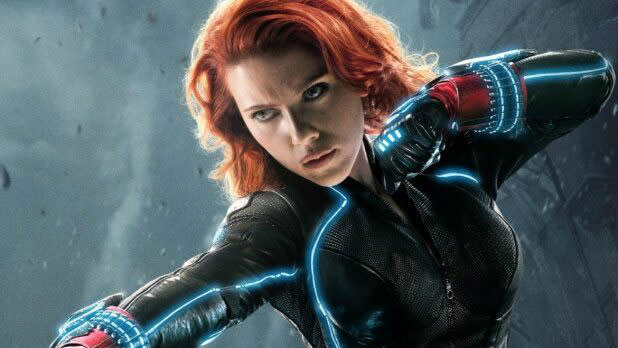
A femme fatale sometimes called a maneater or vamp, is a stock character of a mysterious, beautiful, and seductive woman whose charms ensnare her lovers, often leading them into compromising, deadly traps. The term originates from French meaning “lethal woman”, and you can typically see this character being an overly capable female character, like the Black Widow from Marvel, Selena Kyle from Batman, Mirage from The Incredibles, etc.
Read more about Femme Fatales.
See Examples of Femme Fatales.
Personally, I love having strong female characters in books and movies, but it is very easy for a femme fatale to toe the line into Mary Sue territory, meaning a flawless, somewhat self-insert character that can do no wrong, and no one really likes those. The reason why this is #10 is because of that easy slip-up.
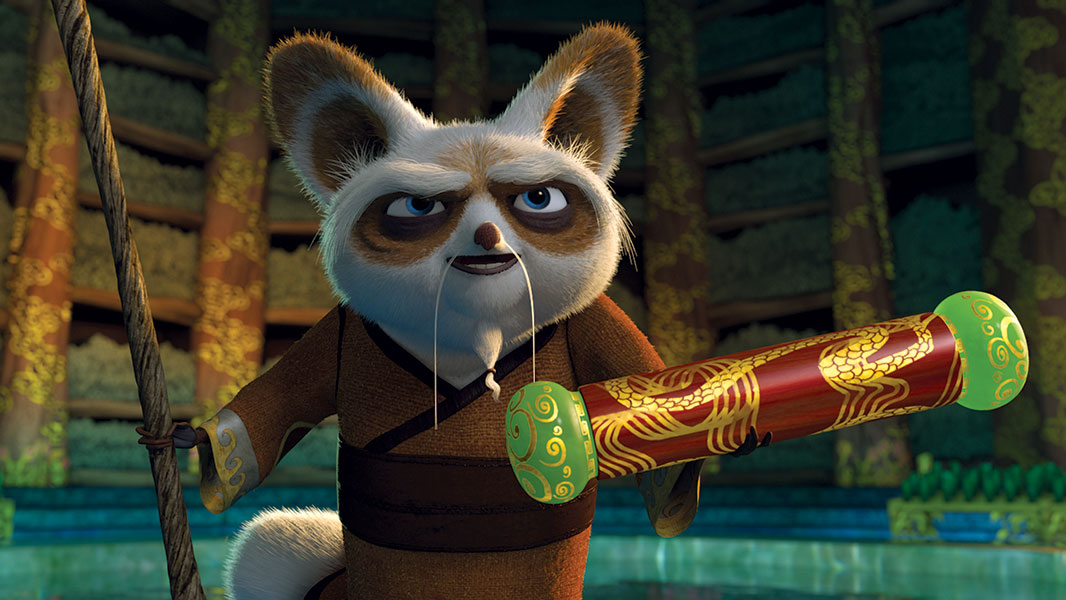
Love this one, but it’s at #9 because it’s somewhat cliché. Sometimes this artifact is the MacGuffin of the plot, meaning it’s the item that everyone wants because of innate value. The philosopher’s stone may be one such item, or Excalibur—even the Dragon Scroll from Kung Fu Panda! It’s a human-made or “artificial” item that bestows abilities/powers upon its user.
When this trope is done right, it’s amazing, but more often than not, a medieval fantasy novel will have a group of heroes going on a quest to find this item, and that idea is so overdone in my opinion.
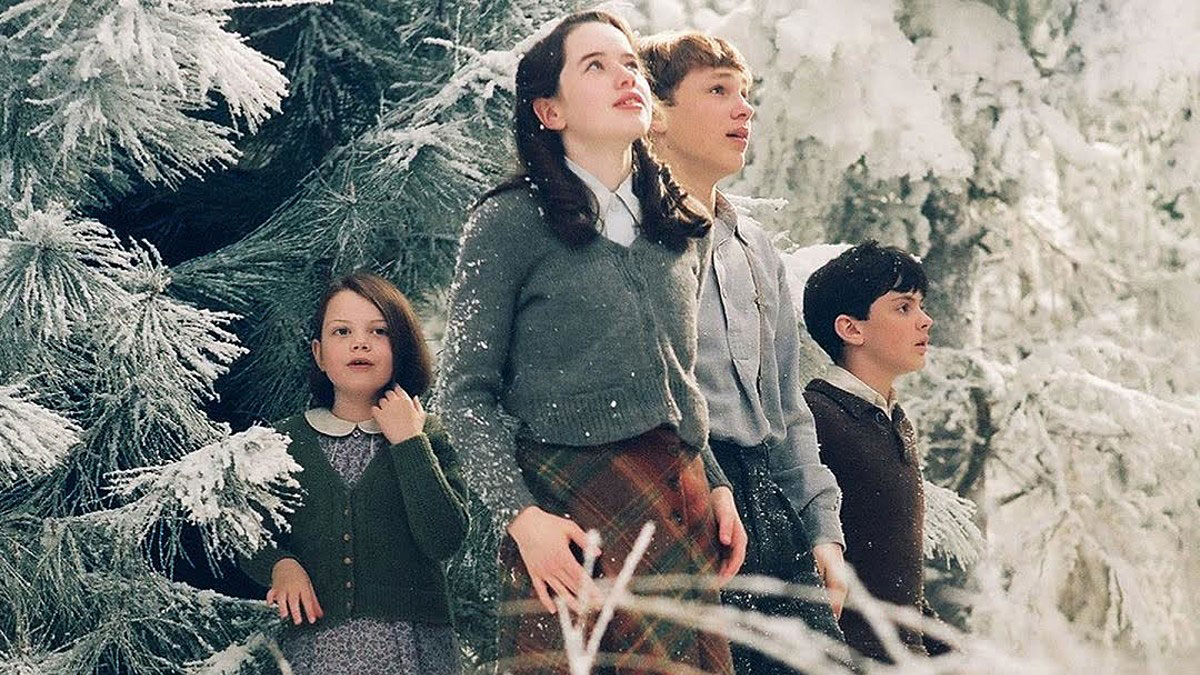
This trope is a common one in most stories, mainly because it’s more interesting to a reader for characters not to have that support system. If a character grows up with both parents in a happy setting, they have the love and support they need, so why would they have to go out and do things on their own? Having a negative family dynamic, or missing one or both parents, gives the young protagonist a reason to have to do things on their own. You’ll see this trope in well-known stories like Harry Potter, Percy Jackson, The Chronicles of Narnia, and more.
The problem with this trope is that sometimes it can be used as a crutch by an author. What’s stopping a character from going on this adventure? Parents! Let’s get rid of them. If well done, it should be a part of the story, like how Lily’s sacrifice was what set the whole of the Harry Potter series into motion, but it shouldn’t be thrown in for no reason. There is actually one such book that I read, Unleashing Hell by Kristen Johnson, that included the mother of the protagonist even when there were all reasons for her not to be there, and I found that quite interesting.
[Related Review: Unleashing Hell]
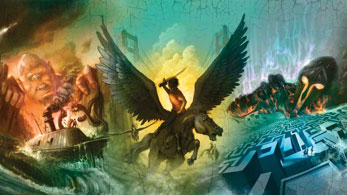
You may not know this about me, but the first real book series that got me into reading was Percy Jackson, and this series is famous for its quests. It’s the kind of story where the main hero and their supporting characters travel the world to accomplish a goal: usually collecting the McGuffin item, defeating the villain, etc.
Read more about The Quest Trope.
I like this trope because of my nostalgia for Percy Jackson, but also because it makes for a great plot. I like seeing the scope and breadth of newly imagined worlds, and I like quests (travelling to accomplish a specific goal) more than journeys (travelling to experience the trip) or adventures (travelling without a set destination). I like knowing what to look forward to rather than going in blind or just expecting to find the answer along the way.
Still, this trope is lower on my list because of some books I’ve read with cliché quests. I don’t like the kind of stories where the quest is the plot rather than because of the plot. It’s kind of hard to explain what I mean, but it would be the difference between “I’m going on this quest because I want to” and “I’m going on this quest because I have to”. For example, Percy only goes on the first quest because he wants to get his mother back, not because he wants to go retrieve the Lightning Bolt from Hades. In the second one, they need to find the Golden Fleece, but Percy goes because he wants to search for Grover, and in the third one, he wants to rescue Annabeth. All of these quests were, in some way or another, the result of Percy wanting to save his loved ones, instead of him wanting to go on a quest to be a hero or become famous or just because it’s the right thing to do (though he also has strong morals).
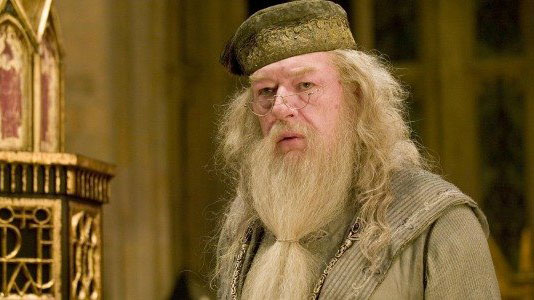
These are the parental figures in the lives of the protagonist. The guides of their stories who give out advice to the heroes. There are the Classic Mentors, who are typically old or wizened in some way, including Gandalf from Lord or the Rings, Dumbledore from Harry Potter, and Uncle Iroh from Avatar the Last Airbender. There are Grizzled Mentors, who may not be quite as old as the Classics but are otherwise veterans of life or battle. These mentors include Brom from Eragon and Alastor Moody in Harry Potter. There are young, charming magician mentors who aren’t quite expected to be mentors but are all the same, such as Magnus Bane in The Mortal Instruments. Likewise, there are the young, headstrong mentors such as Jace Wayland in The Mortal Instruments, who acts as both a mentor and a love interest for the protagonist, Clary, and Sirius Black in Harry Potter, who is stretching the “young” part a bit but is definitely still a headstrong, reckless character who acts as a mentor for Harry.
I absolutely love seeing a relationship develop between a mentor and their student/mentee, especially when the mentor is someone who can fill the role not only for the characters but for the reader as well.
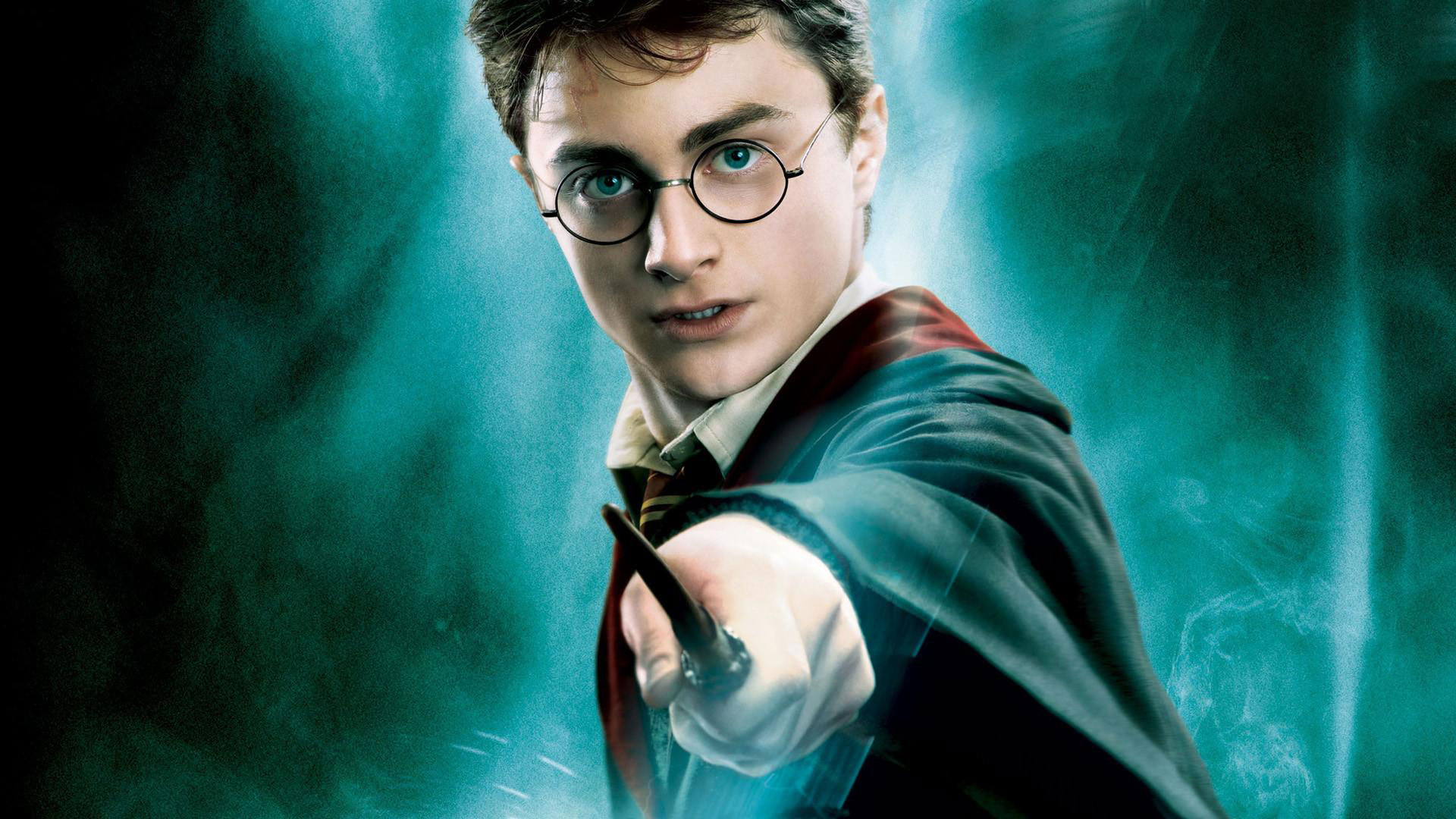
The most obvious example of this would of course be Harry Potter, the Chosen One. It deals with the main character who is the protagonist simply because they were chosen to be so by some powerful, in-universe force. They often have special powers that make them different, and typically are accompanied by a prophecy. Examples include Harry from Harry Potter, Percy Jackson in The Lightning Thief and subsequent books, Clary and Jace from The Mortal Instruments, Aragorn from The Lord of the Rings, Katniss Everdeen from The Hunger Games, and many more. The Chosen One also appears in religion and myths in the forms of Jesus, Samuel, Moses, Perseus, Theseus, Heracles, etc.
However, this trope is dying out because of its clichéd nature, and it’s much more popular nowadays to either forego this trope or subvert reader expectations—often by making them expect the protagonist to be the Chosen One but then reveal that there is nothing special about them aside from the fact that they chose to do good. One such subversion even came from the Percy Jackson series itself because it’s revealed that Percy may be the Chosen One, but it doesn’t have to be him. It could’ve just as easily been Thalia or Nico or even Bianca, if not for circumstances out of Percy’s control (ex. Thalia stopping herself from turning 16, Percy being older than Nico, and Bianca also not aging). It first makes you believe that only Percy could be the Chosen One, then makes you believe that it won’t be him, only for the reason to be “fixed”.
I happen to like this trope, but not if the Chosen One is overpowered. I’ve seen authors go way too far before and I’m not a fan of those.
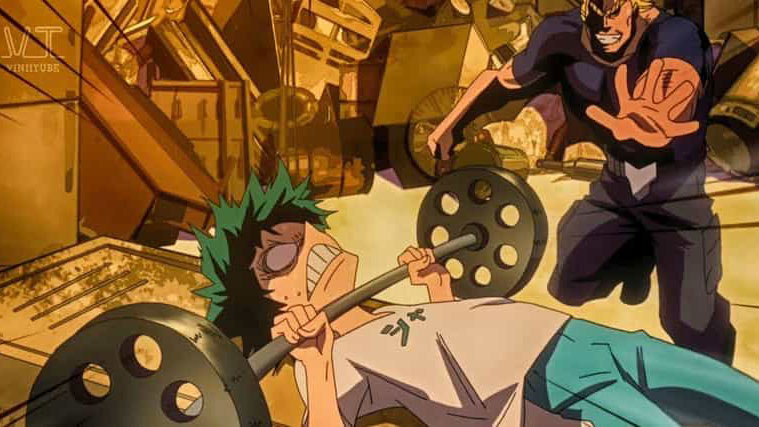
This one is often paired with the trope “Magic School” because they both feature a place/period of time when the main character(s) are learning important lessons such as magic or how to fight. It solves the problem of the main character not starting out with the knowledge they need but still having it by the end when they need to “defeat the villain”.
Some books with this trope that I like are, of course, Harry Potter and Percy Jackson. Harry and his friends are all at school, learning different things—though it isn’t thrown in your face. The classes covered are mostly the ones that move the plot forward, and there are enough scenes and events in between to cut through the influxes of exposition. In Percy Jackson, there are more training sequences, though it’s mostly “off-page” as it were. He has a few sword-fighting lessons in the first book, but it’s described that he does training throughout the summer before or after quests, and a lot of his experience comes from fighting monsters as the plot happens to him.
I can’t name any books where this is done poorly off the top of my head, but I think it’s mostly when the “training” takes up too much of the plot. I don’t like stories that try to stuff you full of information, no matter how cool it is, because it’s too much like a textbook in that way. People don’t typically like to feel like they’re learning. This is why exposition is better done through the plot moving forward. If, for example, the Harry Potter books featured every class of Harry’s every day, I’m sure people like Hermione would still read it because the idea of learning magic like any other subject sounds cool. However, it wouldn’t be a fun story, and would instead be like the companion books to the series Fantastic Beasts and Where to Find Them or Quidditch Through the Ages, which are actual textbooks and while interesting, are sort of dry.
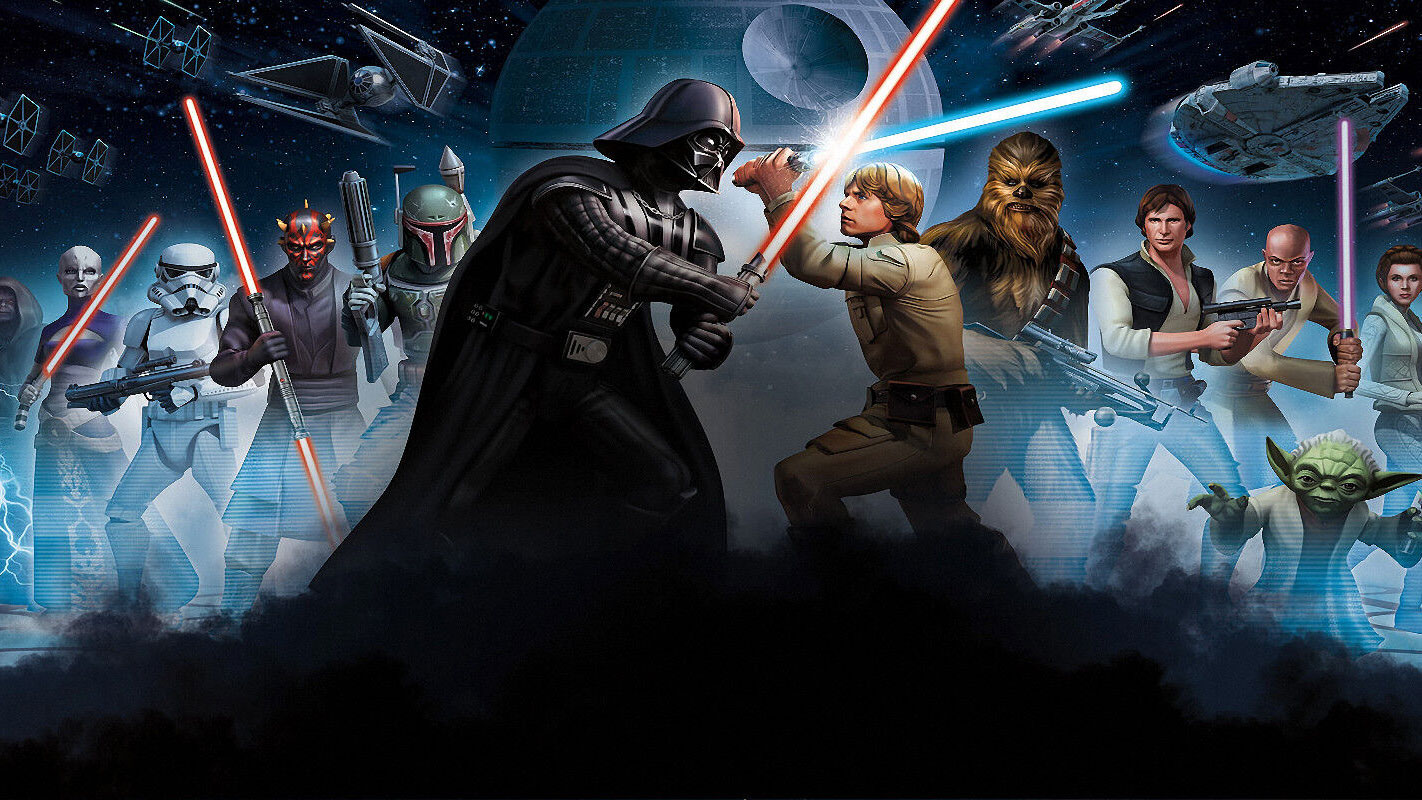
This is an age-old story. Many books have this fight, seeing as there is always a protagonist and an antagonist. Keep in mind, the antagonist isn’t always a villain, they are simply the person or thing that opposes the protagonist. For example, the protagonist wants to win a competition. An antagonist would be their main competitor. An antagonist could also be someone trying to sabotage the competition as a whole, purposefully try to make the protagonist lose, or otherwise oppose the direct goals of the protagonist in any way.
A wonderful example of an antagonist who is not a villain is Dolores from Encanto. (This is just a theory by The Film Theorists, but it’s laid out wonderfully, and I was completely convinced [check out the video].) It’s hard to see at first, but every action she takes throughout the movie is working against Mirabel’s actions, as Dolores suffers from the family’s gifts (because her super hearing constantly causes her discomfort). The only time we can see her being truly happy is when the family loses their gifts, and she is able to be excited and loud for the first time because her hearing isn’t super sensitive. By no means is she trying to destroy the miracle, but her actions are opposed to Mirabel’s goal of saving it.
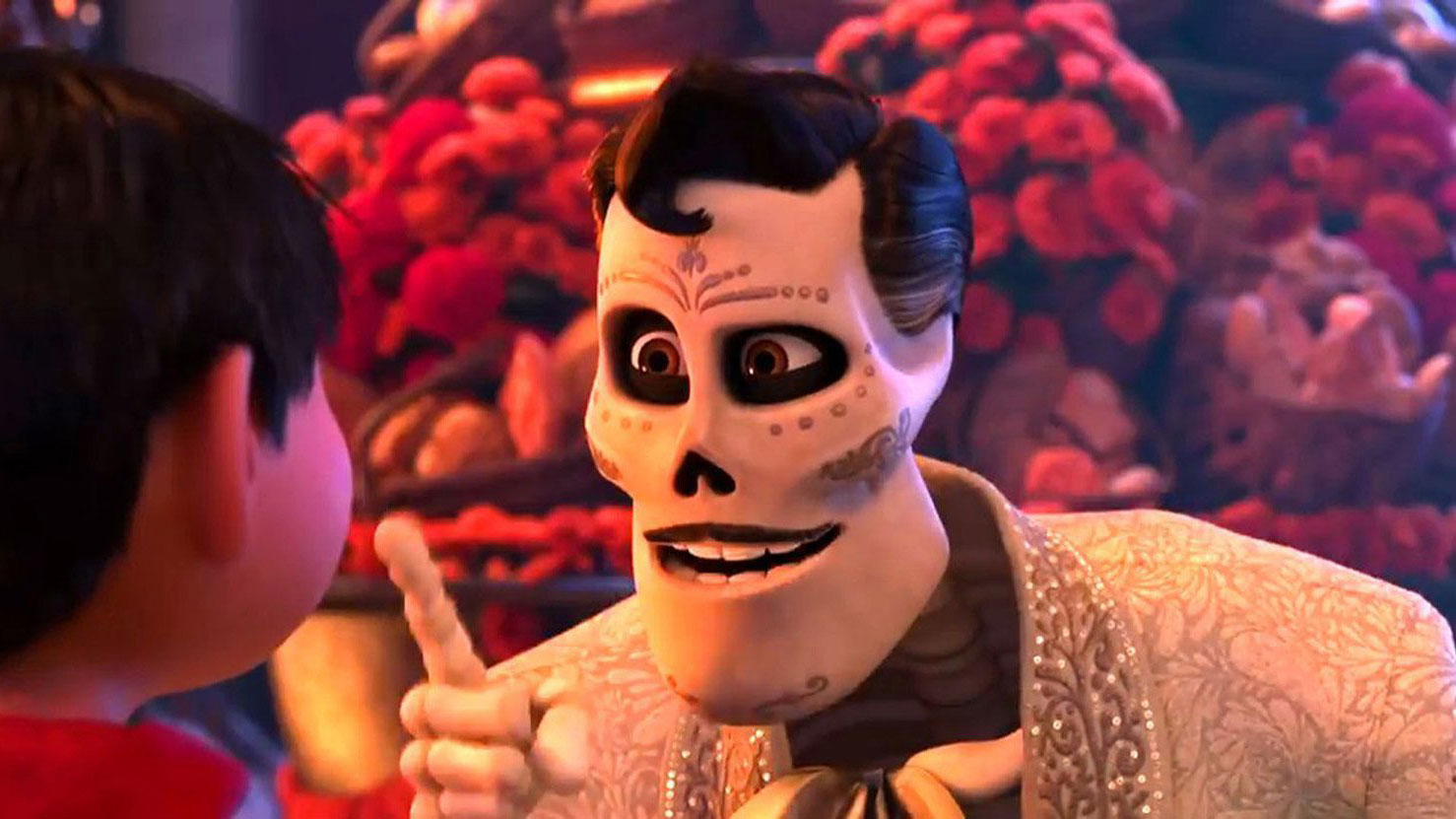
My second favourite trope is twist villains which basically means a villain that most readers wouldn’t suspect to be the villain.
See some of the best and worst Disney/Pixar twist villains.
Doing this well can sometimes be hit or miss, but the main rules are as follows:
Some people don’t like twist villains, but I tend to enjoy them immensely when done well. “Done well” is the key here because not all stories need a twist villain. A recent subversion of this trope is the Twist Hero (such as Bruno from Encanto, the twist being that he is not a villain.
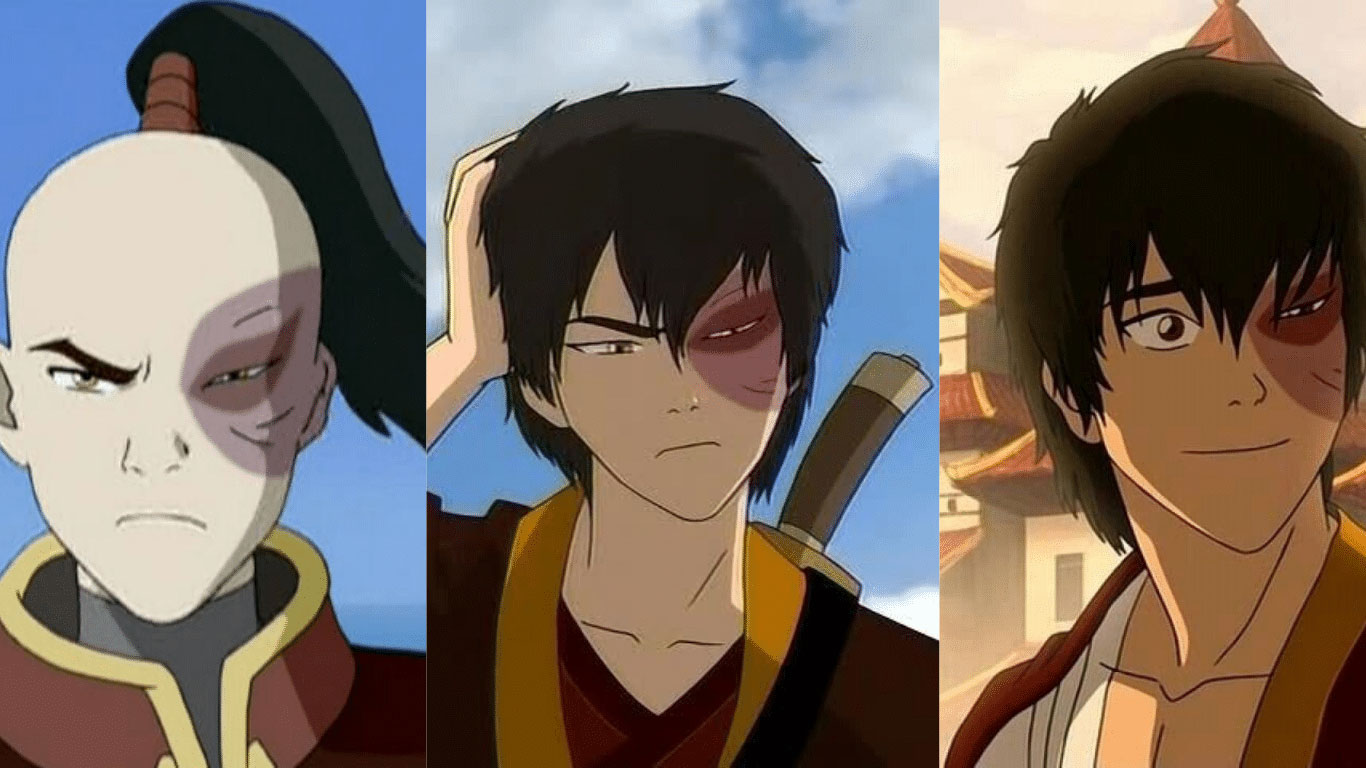
The redemption arc trope revolves around a “villain” character who realizes the errors of their ways and makes changes to make up for their bad deeds. It may also be used for fallen heroes who must prove themselves, or for general, apathetic characters who rise up for the side of good.
This is my absolute favourite trope when done well, and that’s purely because of Zuko from Avatar the Last Airbender. He is the best example of a villain redemption arc in all fiction in my opinion. His process was slow but well-deserved, and it actually felt real as he came around to the side of the heroes.
I think pacing is the most important part of redemption arcs. Some of them out there feel too fast or too slow, and others don’t even get to the point they should (ex. Draco Malfoy in Harry Potter, who deserved just a little extra push to the light side, perhaps by saving Harry’s life during the final battle).
Redemption arcs tend to start when the villain is still the villain, but the turning point is almost always a big change (Zuko betrays his uncle and regrets it because he realizes even though he’s home, he still isn’t happy; Draco is tasked with killing Dumbledore and realizes that he isn’t actually evil; Charlotte Richards in Lucifer comes back to life from Hell and tries to do everything she can to prevent going back there).
These are the Top 10 tropes I love in stories. Of course, just because a story has this trope doesn’t mean I’ll love it, because each and every trope can be good or bad depending on the incorporation into the story, how well it fits, and the author’s overall skill.
My Top 10 Least Favourite Tropes
My Top 10 Favourite Plot Twists
My Top 10 Recommended Books—September 2023
Tigerpetal Press is a small book press dedicated to publishing local authors and poets.